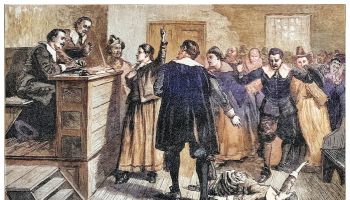Adolescent girls who get the human papillomavirus (HPV) vaccine are no more likely to show signs they may be engaging in sexual activity than girls who do not get the vaccine, according to a new study that challenges a widely held belief.
HPV is the most common sexually transmitted virus, and some strains of the virus can lead to oral and genital cancers. The U.S. Centers for Disease Control and Prevention as well as the American Academy of Pediatrics recommend the HPV vaccine for girls and boys as young as age 11.
Celebrate great health! LIKE BlackDoctor.org on Facebook!
Previous surveys have found that some parents are concerned their daughter may be more likely to engage in sexual activity if they receive the vaccine.
“Some parents are concerned that saying ‘yes’ to the HPV vaccine is also encouraging teenagers to say ‘yes’ to sex,” said Dr. Carol Ford, chief of the Craig Dalsimer division of adolescent medicine at the Children’s Hospital of Philadelphia.
The new findings, published Monday in the journal Pediatrics, are the first clinical data to study the concern, and found that HPV vaccine does not lead to increased sexual activity among adolescent girls.
Researchers from Emory University in Atlanta followed electronic data of nearly 1,400 girls aged 11 and 12 between July 2006 and December 2010 to see whether they received at least one dose of the vaccine within the first year and whether they were later counseled about contraception, acquired a sexually transmitted disease or became pregnant.
More than a quarter of girls ages 15 to 17 report being sexually active, according to the CDC.
The nearly 500 girls who received at least one dose of the vaccine were no more likely to be diagnosed with a sexually transmitted disease, discuss contraception or become pregnant than the nearly 900 girls who did not get the vaccine, the study found.
Study: HPV Vaccine Does Not Lead To Increased Sex In Teen Girls was originally published on blackdoctor.org















